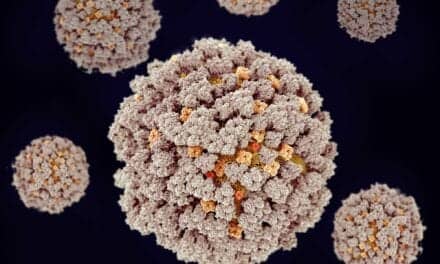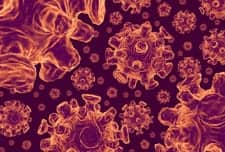A study published in in the journal Biological Psychiatry found that the tuberculosis drug d-cycloserine had a beneficial effect on an autism-related gene in a murine study.
Researchers set out to gain a better understanding of the role of PCDH10 in autism-related social deficits.
First, the team analyzed the neurons in the amygdala of mice that were genetically engineered to lack one copy of the PCDH10 gene, reducing its function. The researchers found that these neurons showed a reduction in NMDA glutamate receptor subunit levels, which is an indicator of disrupted connectivity in neural circuits. Furthermore, the rodents displayed social deficits, further confirming the role of PCDH10 in social behavior.
Next, the researchers treated the mice with d-cycloserine (brand name Seromycin), an antibiotic prescribed for the treatment of tuberculosis and urinary tract infections. Following treatment with d-cycloserine, the researchers identified an improvement in social impairments among the rodents.










